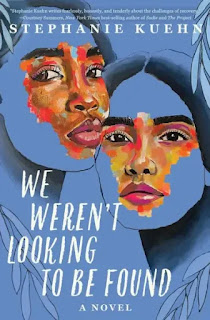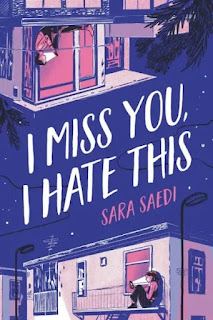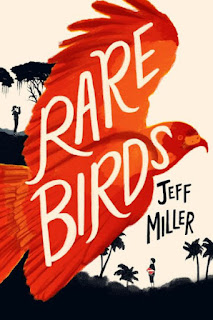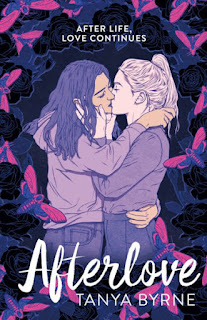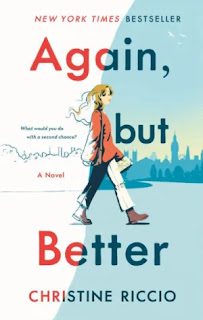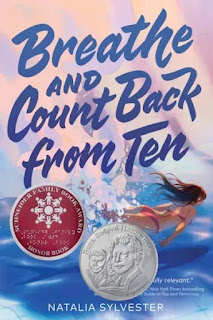In the aftermath, Jules's best friend Natalie tries to cope with the loss. She knew plenty about Jules's misery but she didn't understand how bad it was for her. She despises Jules's mother for what she did to Jules. And she hasn't stopped. Now she's writing a book to capitalize on the experience! But Natalie also wants to explore her own role in the tragedy and address the guilt she feels for moving on.
The first half of the book, told by Jules, is a harrowing story of parental abuse. But while it gives us a clear sense of what she went through, it turns out not to be the most interesting part of the novel. It's really the second half, where Natalie takes over, that brings the pieces together. For one thing, Natalie is a far more reliable narrator, with a strong sense of obligation to get the story right. And while she is immensely sad and angry about what happened to her friend, she recognizes that there are multiple sides to the story. She even eventually comes round to being willing to sit down with Jules's mother! She also struggles with guilt as she and Jules's boyfriend develop romantic feelings towards each other.
The story packs a pretty heavy punch and is a compelling read, but it transcends the usual suicide tropes by spending considerable time on how people's lives go on after a tragedy. So, while there is plenty of grief, the story doesn't really dwell on it. I also found the subject of social media addiction to be quite interesting. A lot more could have been made of it, but Mason avoids preaching and simply sets out the point that Mom's narcissism (fed by her followers) really was the trigger for this tragedy. And her daughter's compulsion for paying attention to those posts sealed her fate. That leaves us food for thought.

